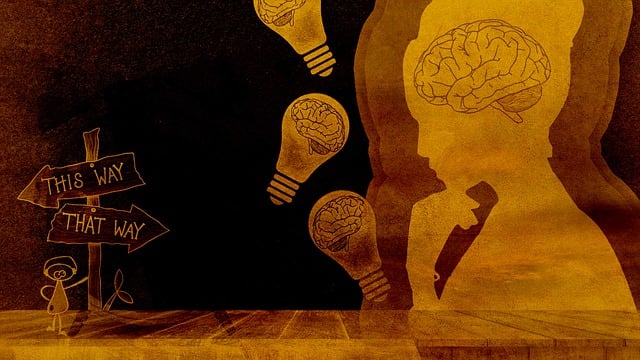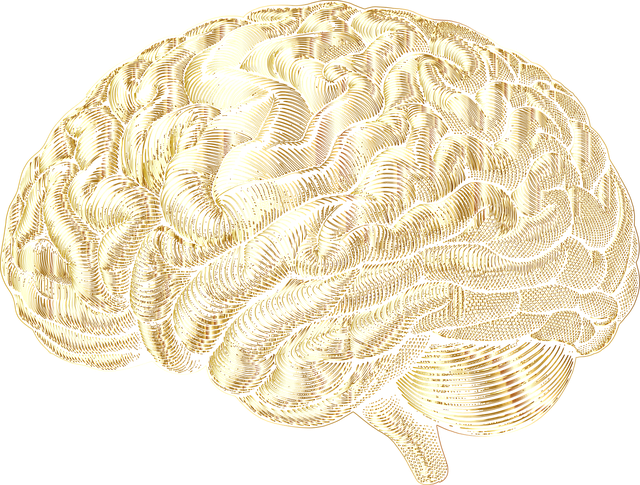Children's grief, especially when compounded by bipolar disorder, requires specialized therapy addressing unique emotional processing needs. Through interactive workshops and podcasts, healthcare providers can enhance cultural competency and teach healthy coping mechanisms. Tailored strategies such as play therapy, active listening, nonverbal cues, art, storytelling, games, journaling, and stress management techniques empower children to manage emotions associated with bereavement while fostering overall mental wellness, particularly for those with bipolar disorder.
Loss, grief, and bereavement counseling are essential aspects of mental health support, especially for young minds navigating difficult emotions. This article explores critical areas of therapy, focusing on understanding children’s unique grief processes and addressing bipolar disorder’s impact on emotional regulation. We delve into effective counseling strategies tailored for children, offering professional guidance to navigate their journey through loss. By exploring these topics, we aim to enhance the availability of suitable therapy for children experiencing grief, particularly those with bipolar disorder.
- Understanding Children's Grief and Bereavement
- Bipolar Disorder and Its Impact on Emotional Processing
- Counseling Strategies for Effective Therapy in Young Minds
Understanding Children's Grief and Bereavement

Children’s grief and bereavement are unique and complex experiences that require specialized understanding and support. When a child loses a loved one, they may struggle to process their emotions in the same way adults do. Young minds often need help making sense of death and coping with the subsequent void. This is where therapy can play a vital role, offering a safe space for children to express their feelings and work through their grief.
The approach to counseling should be tailored to each child’s individual needs, especially when considering co-occurring conditions like bipolar disorder. A mental wellness podcast series production or interactive workshops organized by healthcare providers can enhance cultural competency training and provide valuable resources. These initiatives can enable children to develop healthy coping mechanisms while fostering overall mental wellness. Additionally, stress management techniques taught through these platforms can empower kids to navigate challenging emotions associated with bereavement.
Bipolar Disorder and Its Impact on Emotional Processing

Bipolar Disorder can significantly impact a child’s emotional processing, often complicating their ability to cope with loss and grief. Children living with bipolar disorder experience extreme mood swings, ranging from intense mania to deep depression, which can make regulating emotions challenging. During manic episodes, they might exhibit impulsive behaviors or heightened energy, while depressive episodes may leave them feeling hopeless and detached. This emotional volatility can hinder their natural coping mechanisms and make it difficult for them to process and express sadness related to bereavement.
Therapy specifically tailored for children with bipolar disorder and those experiencing loss can provide much-needed support. Through therapy, kids can learn effective coping skills development to navigate their emotions during turbulent times. Crisis intervention guidance can help them manage intense feelings and distressing situations. Additionally, encouraging positive thinking and reframing negative thought patterns can be a powerful tool in helping these children build resilience and find hope even amidst grief.
Counseling Strategies for Effective Therapy in Young Minds

Counseling young minds grappling with loss can be a delicate task, requiring therapists to employ specialized strategies tailored to their developmental stage. For children dealing with bereavement or bipolar disorder, therapy must be engaging and age-appropriate. One effective approach is incorporating play therapy, where children express their emotions through art, storytelling, and games, making it easier for them to process complex feelings they might not yet have the vocabulary to describe.
Additionally, therapists can utilize communication strategies such as active listening and nonverbal cues to build trust and encourage open dialogue. Encouraging these young clients to maintain a mental wellness journal or engage in stress management techniques like deep breathing exercises can also be beneficial. These tools not only provide an outlet for their emotions but also offer guidance on coping mechanisms that will serve them well throughout their lives.
Loss, grief, and bereavement counseling play a pivotal role in helping children cope with emotional challenges, especially those dealing with bipolar disorder. By understanding unique aspects of children’s grief and implementing tailored counseling strategies, therapists can create a safe space for healing. This article has explored the complexities of children’s emotional processing during difficult times, offering insights into how effective therapy can significantly impact their resilience. When addressing bipolar disorder in young minds, specialized counseling becomes an invaluable tool to navigate and manage intense emotions, ultimately fostering healthy coping mechanisms.










